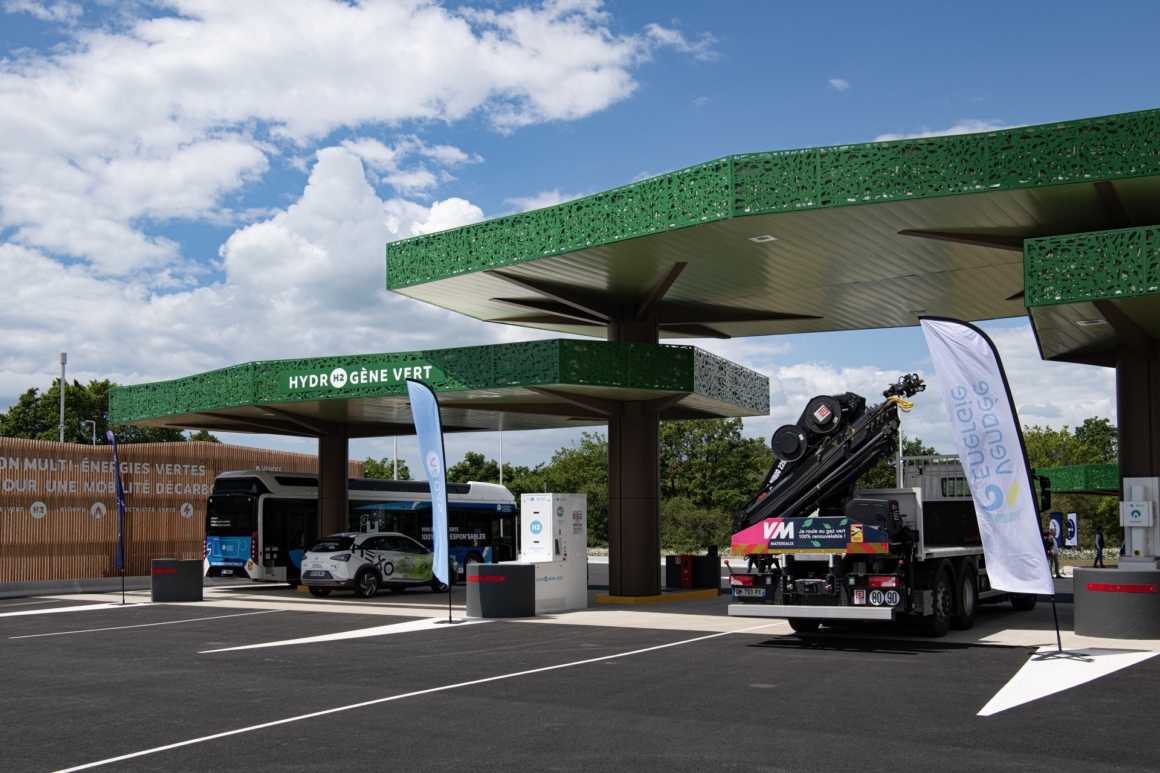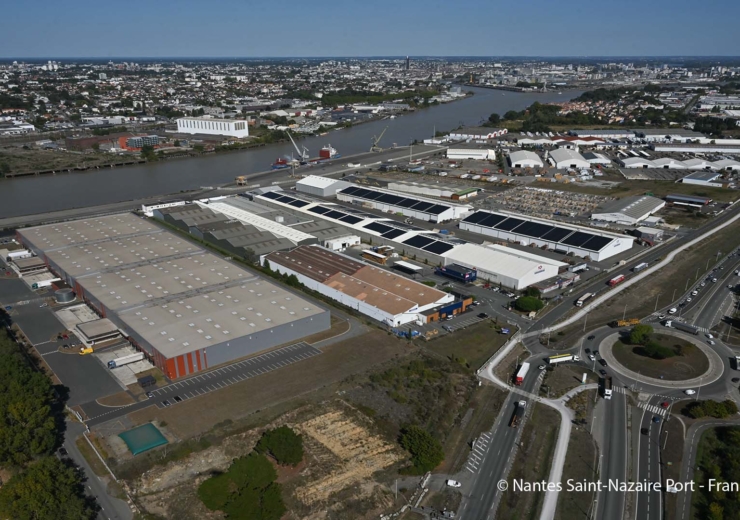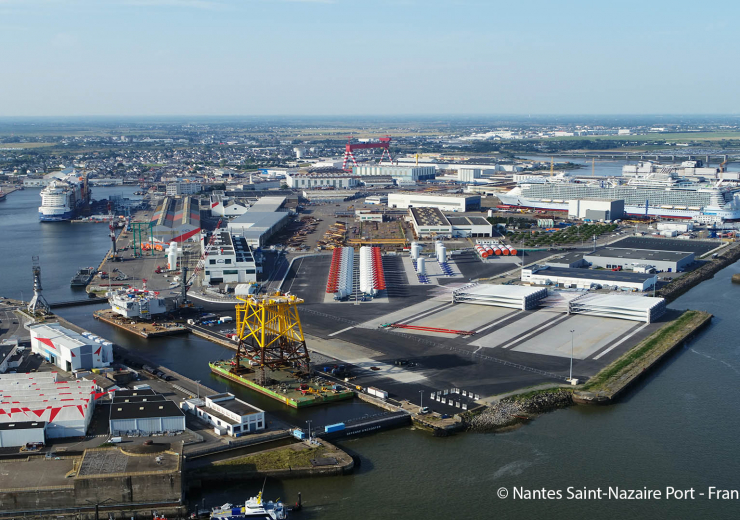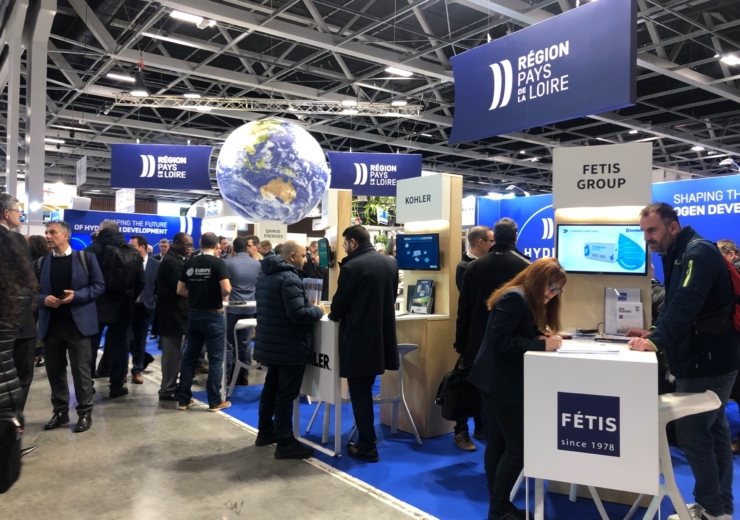From the Sarthe to the Vendée, all the economic players in Atlantic France are involved in the development of the hydrogen sector. This commitment is particularly evident in the deployment of the first hydrogen-powered vehicles in the region and the training of the professionals who will use them.
Numerous initiatives in Vendée
Home to France’s first green hydrogen production plant, developed by Lhyfe, the Vendée department is setting an example through its local authorities’ investments in hydrogen-powered vehicles:
- The Vendée departmental council has purchased a fuel cell car for its President, Alain Leboeuf, and a commercial vehicle for the departmental library.
- The Pays de Saint-Gilles-Croix-de-Vie agglomeration has a mobile hydrogen refuelling station that went into operation last October. It supplies two waste collection vehicles, the first of their kind to be put on the road in France, and it can be relocated as the area’s needs evolve.
- The urban agglomeration of Les Sables d’Olonne has a multi-energy station that supplies hydrogen and it has also equipped itself with several hydrogen-powered vehicles: two buses, two waste collection vehicles, and two light vehicles.
- The agglomeration of La Roche-sur-Yon also has a multi-energy station. The first hydrogen-powered bus was put into service on the Impulsyon network, which is operated by the Compagnie des Transports du Yonnais, a subsidiary of the state-owned RATP group. In its first year, it saved almost 40 tonnes of CO2 emissions, and the company aims to convert its entire fleet to green energy (including 20% hydrogen-powered buses) by 2033.
A second dynamic hub in Le Mans
Le Mans has also been a pioneer, by deploying a hydrogen-powered bus and opening one of France’s first hydrogen stations at Le Mans airport in July 2020.
This city was also chosen, by the startup Hype, to set up a hydrogen station, which will open in June 2023. In 2024, the company will open a second green hydrogen station with a distribution capacity of one tonne, followed by a third the following year.
In terms of vehicles, Le Mans métropole has confirmed its ambitions, starting with the commissioning of 10 buses, with a further 15 planned to be added by 2025.
The association that organises the Le Mans 24 Hours race, the ACO, which is involved in the installation of several stations, is also playing an important role in the development of hydrogen: the MissionH24 project, launched in September 2018, aims to create a dedicated category for the 2026 edition of the famous race. Three prototypes have been developed and the latest, which will be unveiled in October 2023, could be on the tracks as early as next year.
An RATP Dev training site dedicated to hydrogen
When Michelin decided to leave its industrial site at La Roche-sur-Yon, an agreement was reached with the local authorities to keep the business there. The site, known as Atinéa, then became a centre of excellence specialising in innovative mobility and low-carbon energies (green hydrogen, BioGNV, renewable electricity).
This is the site chosen by RATP Dev for its national training centre for hydrogen bus maintenance and eco-driving. Created in partnership with the Conservatoire National des Arts et Métiers, the centre will also be used to test innovative solutions for optimising the use of energy resources.
This training centre reflects the determination of the agglomeration of La Roche-sur-Yon, the RATP Group, and its subsidiary RATP Dev to accelerate their environmental actions. By training technicians to maintain hydrogen-powered vehicles, we are investing in low-carbon solutions. We are committed to providing high-performance, clean vehicles- an initiative that is fully in line with our commitments to more sustainable mobility.
Hiba Farès, Chairman of RATP Dev
Are you involved in hydrogen or sustainable mobility?
The Alinéa site still has plots available for innovative players.
Contact us to find out more.


 Français
Français 



